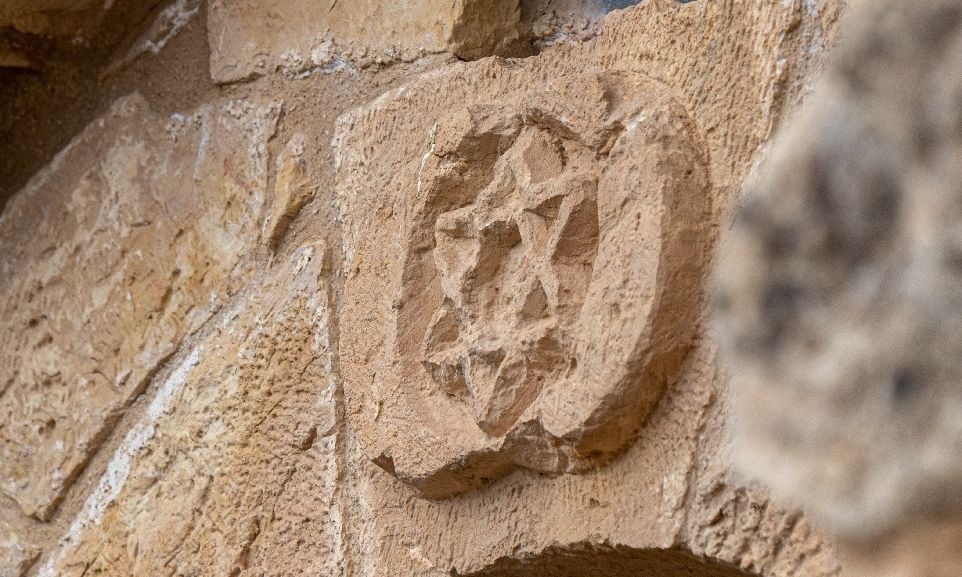
Re’eh: The Treasured Nation
We grow up learning about our "inalienable rights". Surprisingly, though, if one searches the Torah, there is no mention of rights...

One of the most misunderstood concepts concerning the Jewish people is the title, “The Chosen People”. In general, if someone is chosen, then someone else is not. Our sensitivities react to what sounds like chauvinistic self-aggrandizement. A specific commandment mentioned in this week’s Torah reading will hopefully shed some light and a broader perspective on this idea.
As far as I am aware, the actual term “Chosen People”- “Am Hanivchar” is not mentioned anywhere in the Torah. One of the terms that is used is “Am Segula“- a “Segula” People (which I would like to leave untranslated for the meantime). Although we find this term in this week’s reading, its first usage was at the time of the receiving of the Torah at Mt. Sinai. Before giving the Torah, Hashem transmitted a message to Moses that he should, in turn, pass on to the Jewish people concerning the obligations and responsibilities of accepting the Torah. “And if you will listen to My voice and guard My covenant, then you will be to Me a 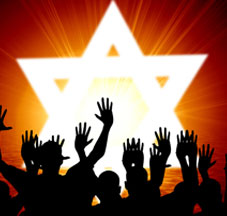 “Segula” from all of the nations.” Rabbi S.R. Hirsch (1808-88) cross-references numerous sources that indicate that the term “Segula” refers to something that is someone’s unique possession that no one else has any rights to. We were being told that an outcome of our willingness to accept the Torah is that we will become Hashem’s “treasured nation”.
“Segula” from all of the nations.” Rabbi S.R. Hirsch (1808-88) cross-references numerous sources that indicate that the term “Segula” refers to something that is someone’s unique possession that no one else has any rights to. We were being told that an outcome of our willingness to accept the Torah is that we will become Hashem’s “treasured nation”.
If “Am Segula” is the “treasured nation”, I’ve walked out of the frying pan into the fire. Being chosen is one thing, but being treasured sounds even more exclusionary.
I would like to share a new pair of glasses with all the readers of this column. The condition of this gift is that we’ll have to try to put aside our present glasses, at least temporarily.
In the Declaration of Independence we are told about our “inalienable rights”. As Westerners, we are used to a world based on rights: women’s rights, poor peoples’ rights, etc. Surprisingly if one searches the Torah, there is no mention of rights! That’s right, no rights!
The new glasses of the Torah give us the opportunity to look at the world in terms of obligations. I’m obligated to follow Hashem’s commandments, learn His Torah, give charity, put on tefillin, etc. To oversimplify, rights are based on taking, obligations focus on giving. If I have a right, something is owed to me and someone is required to give it. If I’m obligated, I have certain skills or abilities that I’m mandated to share or develop for the benefit of others.
If we are called Hashem’s “treasure”, it doesn’t mean we can now become higher-class takers. It means that we have to live as higher-class givers. This title confers upon us the responsibility of giving of ourselves, our talents, and our desires to further an awareness of Hashem in this world. Being a “Treasured Nation” means we belong to Hashem and that everything He gives to us are tools to develop our connection with Him.
Let’s go one step further. Besides this general perspective, what specific commandments are supposed to develop this awareness?
The particular expression, mentioned in this week’s Torah portion, of being a “treasured nation” is the obligation not to cut or maim ourselves due to a loss of a close relative, Heaven forbid. “Don’t cut yourselves…for a relative that dies…because Hashem chose you to be an Am Segula– treasured nation from all the nations.” If being a “treasured nation” means we’ve got a special “in” with “The Boss” with no extra expectations, then it’s difficult to understand what is the connection between not cutting ourselves because of the loss of a relative and being a “treasure”.
When a person feels grief and doesn’t physically injure himself over that loss, there are two powerful messages. One, is that whatever happens in this world, even the most difficult of circumstances, comes from a loving and caring Father. I’m not saying that living with this clarity is an easy task, by any means. But living with a deep sense of faith and subsequently not hurting ourselves during our darkest moments is what the internal world of the Jewish people is supposed to reflect. Secondly, if someone cuts themselves, they physically look less dignified than someone who doesn’t carry these marks. Our bodies and how we present ourselves to the world also should reflect the responsibility of being Hashem’s “treasure”. In short, the commandment not to cut ourselves during mourning is a microcosm of our national calling and reflects a profound message, that both our emotional and physical world have to be used properly to reflect our connection with Hashem. The Torah reaches into our most private and painful moments and calls upon us to rise above the normal patterns of behavior. Even in these difficult situations we are called upon to reflect Hashem’s honor in this world.
Let me note that there are many people from the nations of the world that have a similar recognition of Hashem. The point here is that the level of commitment and dedication on a national level is unique to the Jewish people as seen in our three-thousand plus years of Divinely guided history.
Getting back to our original difficulty, the idea of being “the Chosen People” is comparable to the term “a treasured nation”. As opposed to reflecting a haughty and uppity attitude towards the world, it shows an entirely different outlook. Being “chosen” means we choose to live nobly in the face of disgrace, to reflect truth in a world of falsehood, to reflect G-dliness in an immoral world. And in response Hashem chooses to guide us through the peaks and valleys of history, bringing us back to the land of Israel, and allowing us the incredible opportunity of being the carriers of the Divine light throughout the generations.




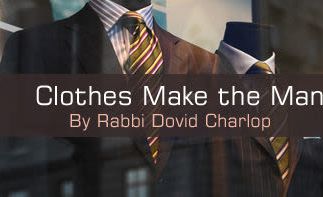


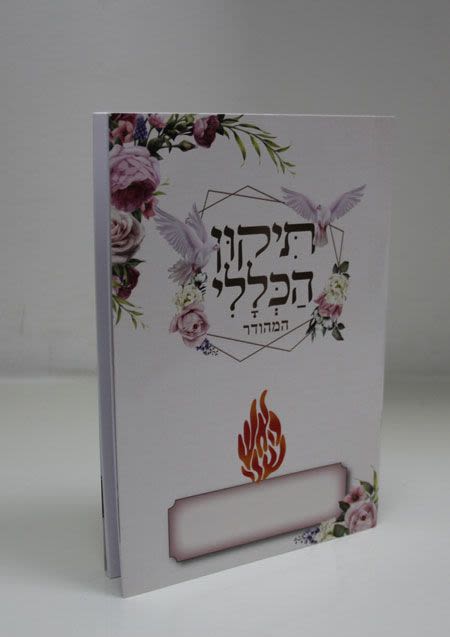


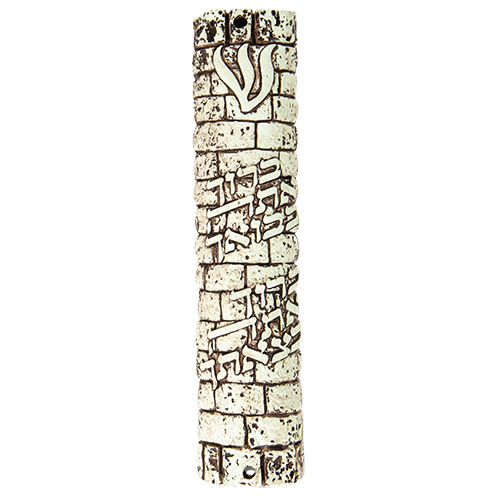
Tell us what you think!
Thank you for your comment!
It will be published after approval by the Editor.